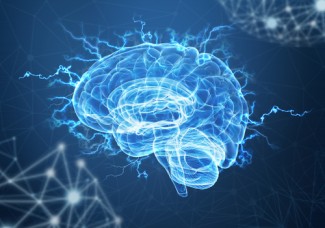Adolescent Brain Development, Substance Use, and Psychotherapeutic Change

Adolescence involves dramatic biologic, psychological, and behavioural changes.
Adolescents respond, learn and explore their environment, forming new relationships and further developing their identity.
It is often a time where individuals are more likely to participate in risky behaviour, frequently influenced by substance use. Substance use among adolescents ranges from experimentation to severe substance use disorders.
Understanding brain development during this stage can provide important information to practitioners supporting young people who are experiencing issues related to substance use.
This review discusses adolescent brain development and its potential influence on psychotherapeutic change. The researchers focus on cognitive-behavioural and mindfulness-based approaches for treating substance use and highlight potential brain mechanisms underlying response to psychotherapy.